With R, who for forty years had never had anything worse than a cold, registered as high risk – having never fully recovered from the pneumonia which felled us both a couple of years before – Covid spelt the end of life outside the four walls of our house and beyond the rickety fences of our back garden. But, after one lengthy argument which ended in his reluctantly agreeing not to go to the recently opened Aubrey Beardsley exhibition1, we both gave in to the inevitable and, like everyone else, found ways of making this new life liveable.
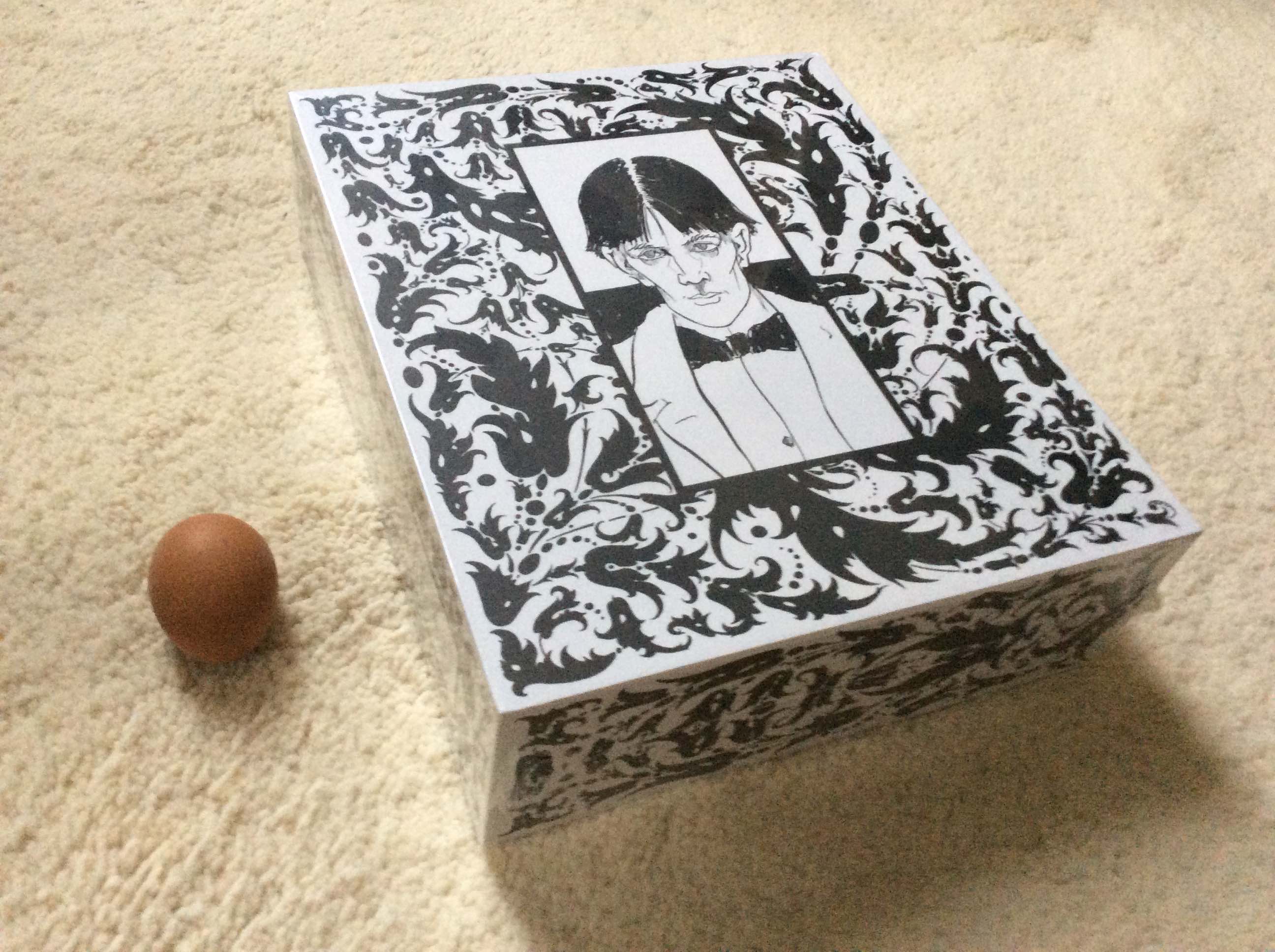
For R, the first step was to order the Beardsley Catalogue Raisonné, a book so heavy that I can barely lift it. For me, the first step was to get out a set of ivory-layered dominoes, bought at a boot sale but never until now used, and begin the search for the instructions to a mah jong set. These I never found. And, though I remembered tales of an ex-uncle-in-law’s obsession with dominoes which, when his job as a GP allowed, he would play for money in Soho cafes, its possibilities seemed quite limited to us and this and all other games soon bit the dust.
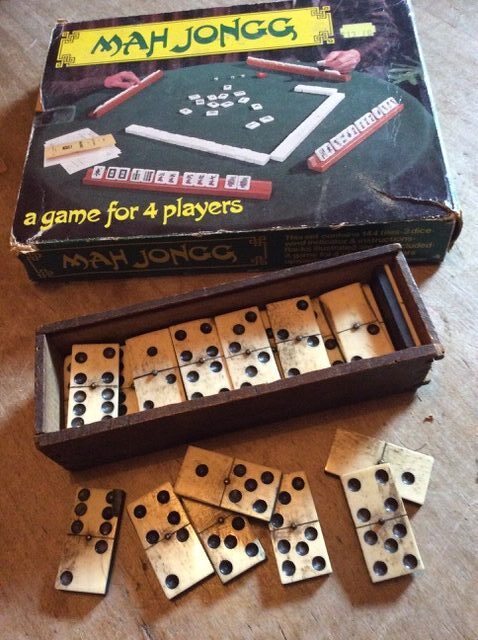
But there were, of course, books. Some two thousand or more of them. And also the place-names game of which we never tired. This memory-laden game, which required no more than a piece of paper and a pencil, had for years been reserved for birthdays and New Year’s Eve, but we now allowed ourselves to play it any time we felt particularly low.
This all came back to me at gale force yesterday when I came across a clutch of these lists in a copy of one of my favourite of R’s own books, his Guide to English Parish Churches. It was to its index that we would so often turn to see what names – what places – we had forgotten.
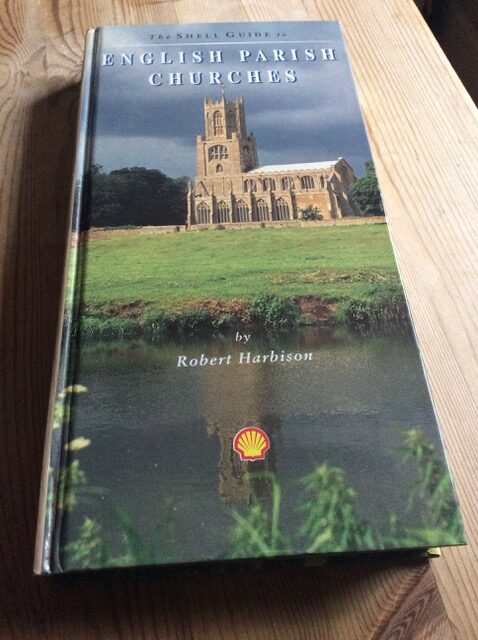
There were no rules to the game, except that we should both have been there, but we did have to try to curb our enthusiasm and stop at two or three letters, so as not to use up the alphabet too quickly. We had to leave time to forget again before the next time.
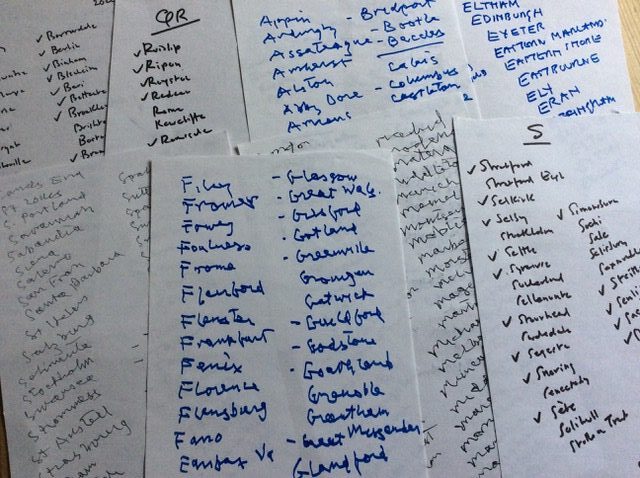
Of course, it wasn’t only English names – Abbeydore, Beeston, Crewkerne . . . though they predominate. It was also Bari, Cromarty, Delft . . . Bari where, finding I had forgotten my sleeping pills, I relied on wine to get to sleep. Even as I write the words, the memories pile in. Melk, Narva, Oberlin, Palafrugell . . . The bright orange bathing trunks that R, who hated shopping, had to go out and buy in Melk so he could swim in the Danube. The three sex manuals2 that were almost the only books in the pretty little apartment we had rented in Palafrugell . . .
Oddly enough, we hardly ever seem to have come up with the names of places we had passed through when taxi-ing around India in the company of James and his schoolfriend Sanjay (brought along to give James company on the 800-mile drive from Goa to Bhopal to meet us). Travelling with these two exceptional youngsters – one a Catholic, the other a Hindu and, between them, versed in stuff you could get from no travel guide: the crops, the wildlife, the food, the customs of this ancient land – life was a daily miracle. And, for R, the temples of India remained a life-long passion3. It was with great sadness that I learnt, a few days ago, that James, now the father of two beautiful young boys, has died of Covid.
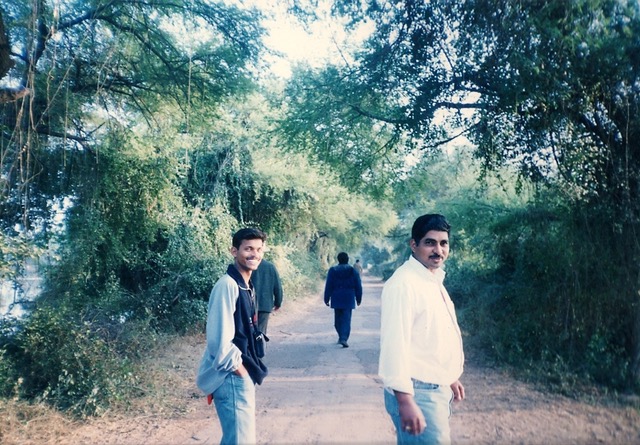
R has been spared this news. And I return to find solace in those lists, which are a reminder of the best of times.
1. See R on Beardsley here.
2. Alex Comfort hit the mainstream in the ‘70s.
3. See R on Hindu temples here.